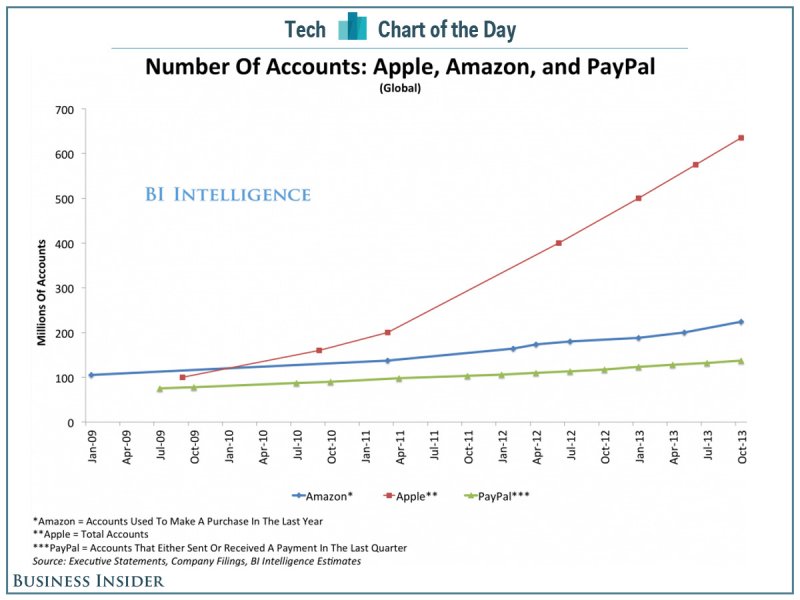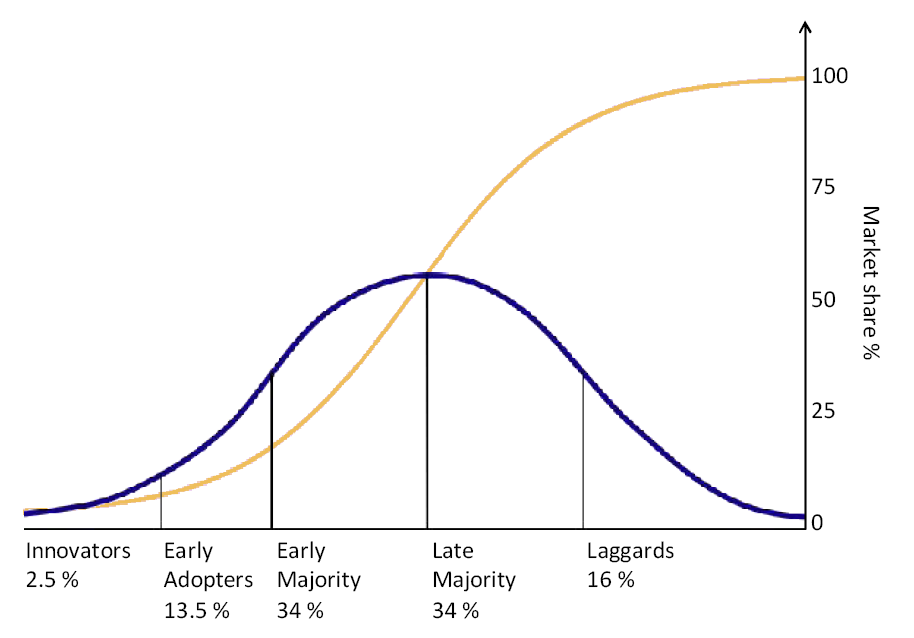Much of this post was orginally a comment on "Snubbing the Media — Strategy or Revenge?" at Bulldog reporter. I'm working on a larger post about what a universe run by Apple would look like.
The manufacture of the gadgets that have become part of our lives, and made Apple a hugely profitable company in the meantime, has transformed Apple's operations into a lightning rod for outrage over worker conditions. Listeners to This American Life were let in on the sad story even before the Times article was released.
What was damning about the NYT story was that it went further in context and further in exploring corruption. In context, it was better able to show the matrix of conditions costs and imperatives that are involved with being an apple supplier and a worker at such a supplier. But in corruption, the NYT was able to get former Apple employees to discuss the company's internal perspective on the problem, without being official mouthpieces. Culpability seemed to be at the heart of these admissions. What are we to say about that? Apple ruthlessly prevents outside access to its inner deliberations, and in some ways this culture of secrecy is good business practice, but in others, it allows sensational news items to define the company's story.
So now Apple is using its main currency, (thirst for details about the company), to attempt to control the story and diver the narrative away from the labor issue. It's an authoritarian move, and we shouldn't expect Apple to change that approach overnight any more than it can change Foxconn's practices overnight; in many ways that approach might continue to work.
Apple isn't just freezing out the NYT: it is freezing the citizens of the world and the community of its users from being stakeholders in Apple's governance.
As the goods we purchase transition to digital rather than physical, the tangible devices and experiences we do purchase become increasingly important expressions of their lose their tangibly, the opportunity we have to participate in the industrial decisions surrounding their production is real and a true test of the world's appetite for respecting craftsmanship, effort, sacrifice, and pride. Will it become harder to exploit citizens of other low-wage countries, or easier? That much is up to us.


